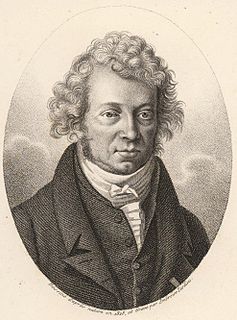A Quote by Henry Adams
The spider-mind acquires a faculty of memory, and, with it, a singular skill of analysis and synthesis, taking apart and putting together in different relations the meshes of its trap. Man had in the beginning no power of analysis or synthesis approaching that of the spider, or even of the honey-bee; but he had acute sensibility to the higher forces.
Related Quotes
Man had in the beginning no power of analysis or synthesis approaching that of the spider, or even of the honey-bee; he had acute sensibility to the higher forces. Fire taught him secrets that no other animal could learn; running water probably taught him even more, especially in his first lessons of mechanics; the animals helped to educate him, trusting themselves into his hands merely for the sake of their food, and carrying his burdens or supplying his clothing; the grasses and grains were academies of study.
Mathematics as an expression of the human mind reflects the active will, the contemplative reason, and the desire for aesthetic perfection. Its basic elements are logic and intuition, analysis and construction, generality and individuality. Though different traditions may emphasize different aspects, it is only the interplay of these antithetic forces and the struggle for their synthesis that constitute the life, usefulness, and supreme value of mathematical science.
I guess I'm a really analytical person, but when I'm writing, all that stuff goes behind a screen. Analysis and taking things apart is really important and really interesting, but it's the direct opposite of creating something, which has to do with taking things and putting them together and hoping to make something unique that's more than the sum of its parts. And you can't do that with analysis, you can only take things into smaller and smaller pieces.
Either one or the other [analysis or synthesis] may be direct or indirect. The direct procedure is when the point of departure is known-direct synthesis in the elements of geometry. By combining at random simple truths with each other, more complicated ones are deduced from them. This is the method of discovery, the special method of inventions, contrary to popular opinion.





































